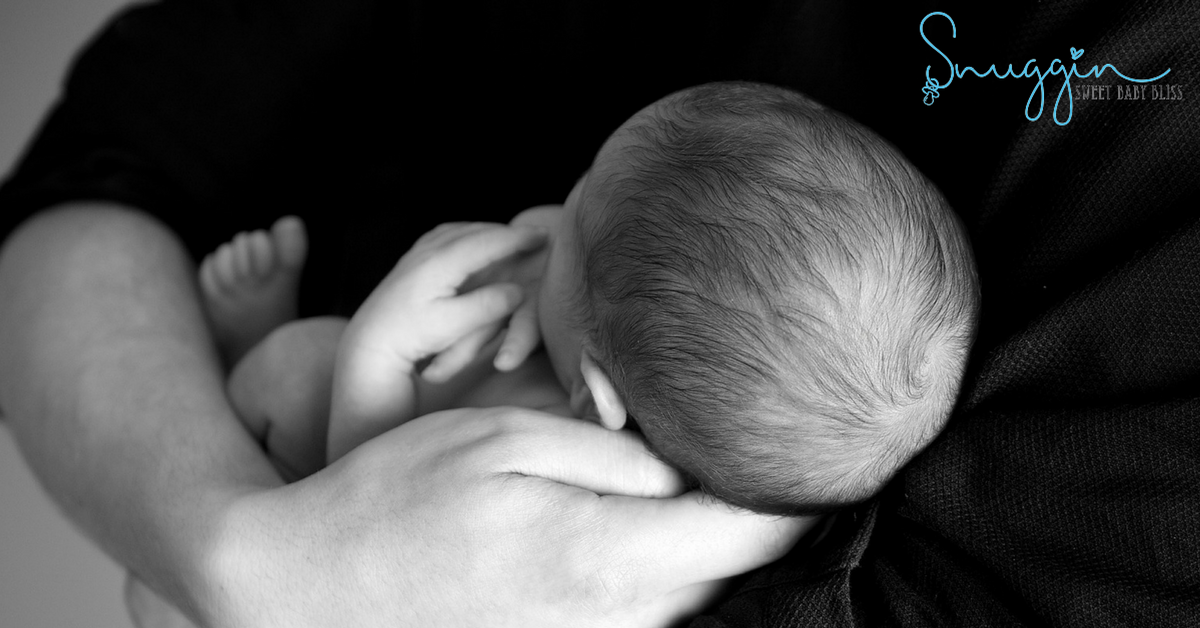
Their hair may fall out
Your baby may be born with a lot of black hair, but it won’t stay that way for long! It may fall out within the first couple of weeks, just by rubbing their heads when asleep, but don’t worry it will grow back over the next year or so.
Baby’s eyesight
Your little one has quite blurry vision when it comes to distance, in fact they can only pick up objects within 10 to 15 inches of themselves.
Expect your baby to sleep a lot
And when we say a lot, we mean a LOT! Newborns are only really awake for about 3 minutes in every hour throughout the day and this is even less at night!
Expect your little one to be jumpy
Your baby is born with a startle reflex. This is a natural response to loud noises, movements or the feeling of falling. The ‘moro’ reflex will make your little one fling his arms up and out, draw their knees up and open his fists wide before going back to how they were before. Don’t worry, this reflex should ease up by the time your baby reaches 6 months old.
Your baby will know your pregnancy playlist
According to research conducted by the University of Helsinki, babies are able to recognise songs they heard in the womb for up to four months after they are born.
There are 300 parts of your baby’s skeleton
These parts are mainly made of cartilage which will turn into bone over time. As your little one grows, some of the bones fuse together, making 206 bones by the time they are all grown up.
You and your baby’s heart rates are in sync
Research at an Israeli University found that when a newborn and a mum looked each other in the eye, their heart rates become coordinated in mere seconds.
All babies are born with blue eyes
When a baby is born, the pigmentation process in the iris has not yet started working. When this does kick in, at around 6 months old, your baby’s true eye colour will be become apparent.
Your baby will cry with your accent
Within the last three months of pregnancy, babies pick up the native tongue of their mother, and reflect the characteristics of her accent in the pattern of crying after birth. At least, according to research from the University of Wurzburg, Germany.
No more tears
When a baby is born, the tear ducts are not fully developed and so don’t produce proper tears for several weeks or so. However, they do produce enough moisture to keep the eyes healthy.
